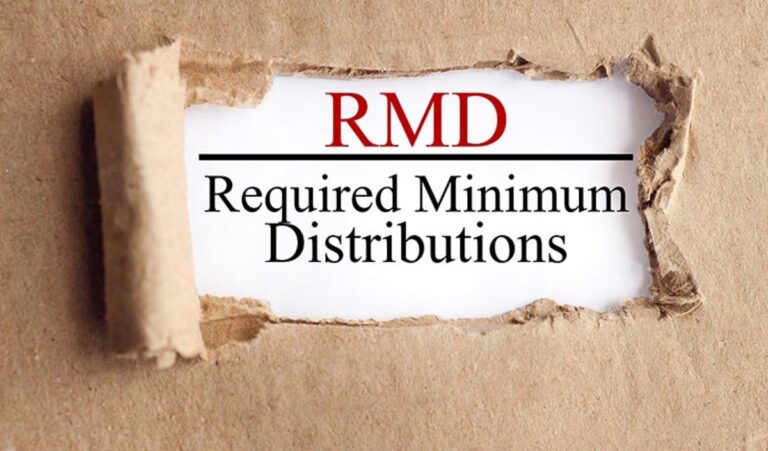🎧 Listen to This Article
Starting in 2025, a key change to inherited IRA rules could impose a 25% tax penalty on certain heirs who fail to take required minimum distributions (RMDs).
Under the SECURE Act of 2019, most non-spouse beneficiaries must empty an inherited IRA within 10 years. However, new IRS regulations clarify that if the original account owner had reached RMD age before their death, heirs must take annual RMDs during this period.
Previously, the IRS waived penalties for missed RMDs on inherited IRAs. Now, missing a required withdrawal in 2025 could result in a 25% penalty, though it may be reduced to 10% if corrected within two years. In some cases, the IRS may waive the penalty entirely with proper documentation.
Experts advise beneficiaries to consider strategic IRA withdrawals based on tax brackets, potentially withdrawing funds sooner to avoid larger RMDs later in the 10-year period. Since pre-tax IRA withdrawals are subject to regular income tax, spreading withdrawals over multiple years can help minimize the tax burden.
Understanding and planning for these new rules is crucial to avoiding penalties and optimizing tax efficiency.
For further details, clarification, contributions, or any concerns regarding this article, please contact us at editorial@tax.news. We value your feedback and are committed to providing accurate and timely information. Please note that our privacy policy will handle all inquiries



